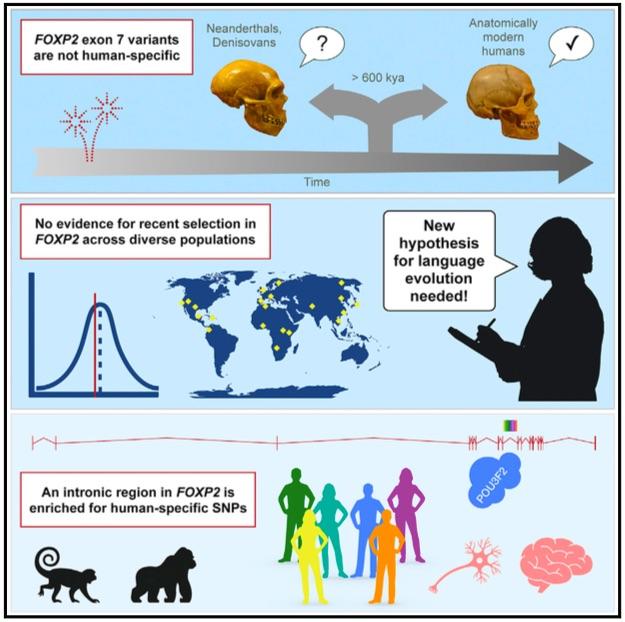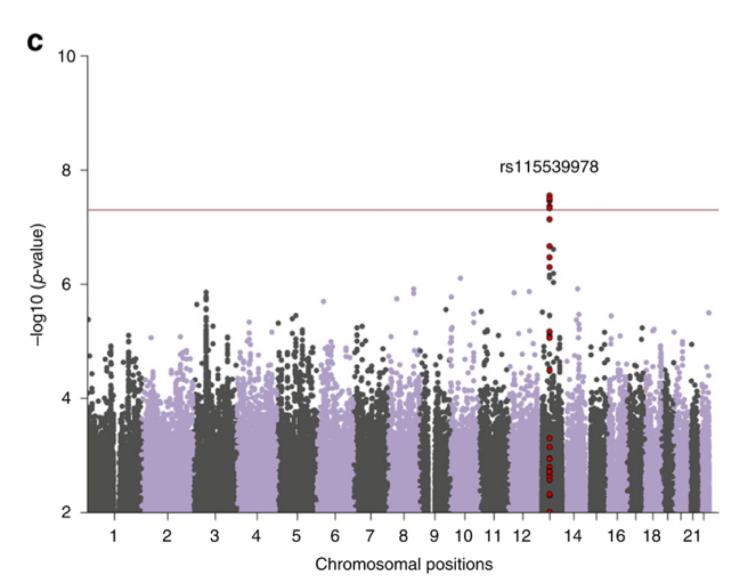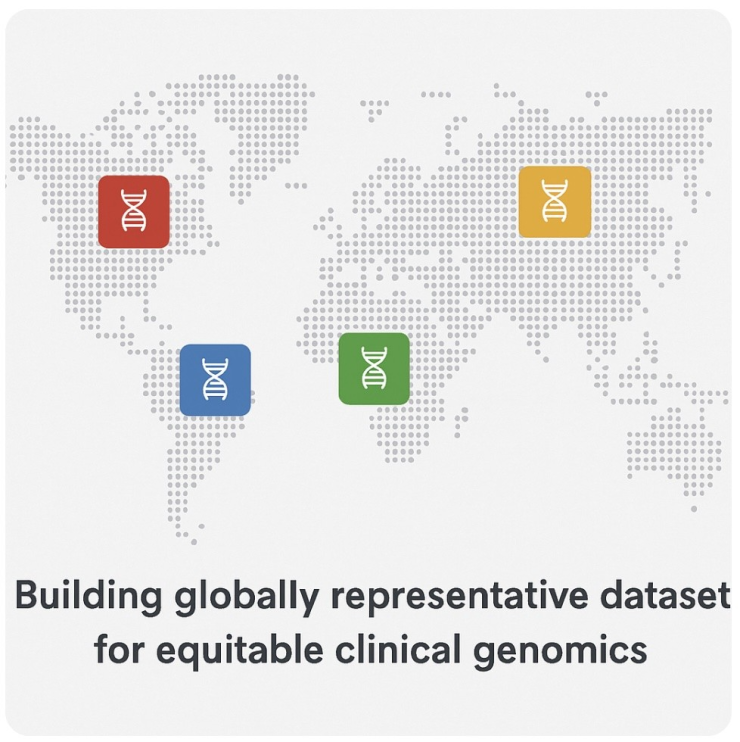Method Development for Ancestry-Aware Genomic Analyses

Nearly 80% of genome-wide association studies (GWAS) to date have focused on individuals of European ancestry. This has created methodological gaps in the analysis of admixed individuals—those with genomic contributions from multiple ancestral backgrounds—whose genomes present additional modeling challenges. Our lab develops statistical tools specifically designed to improve the analysis of complex traits in admixed populations, with the goal of enabling broader applicability of genomic findings, particularly in the context of mental health genetics.
Characterizing Human Evolution and Population Structure Using Global Genomic Data

Understanding the evolutionary and demographic history of human populations is critical for interpreting patterns of genetic variation and for developing appropriate statistical and medical genomic tools. Our lab investigates these foundational aspects using ancestrally informative evolutionary statistics and globally representative DNA datasets. By characterizing the forces that shape genetic variation in key genes—including those relevant to brain function—we aim to inform method development for downstream genomic analyses across a range of populations and phenotypes.
Understanding Genetic Contributors to Psychiatric Traits Across Global Populations

Psychiatric disorders are a leading global contributor to disability and represent a major focus of human genetic research. Our lab collaborates with international consortia to develop and apply statistical methods that account for population structure in the analysis of psychiatric phenotypes. These efforts aim to improve the resolution and generalizability of genetic findings related to mental health across globally representative cohorts.
Building Representative Genomic Resources for Complex Trait Research

Advancing statistical genetics requires large-scale genomic datasets that reflect global population structure and phenotypic variation. Our lab plays a leadership role in several major international collaborations—including the Psychiatric Genomics Consortium (PTSD working group), Latin American Trans-Ancestry Initiative for OCD, and the Latin American Genomics Consortium (LAGC)—which collectively support the development of more representative resources for gene discovery. These efforts also provide trainees with valuable opportunities to work with richly phenotyped, globally relevant cohorts.








